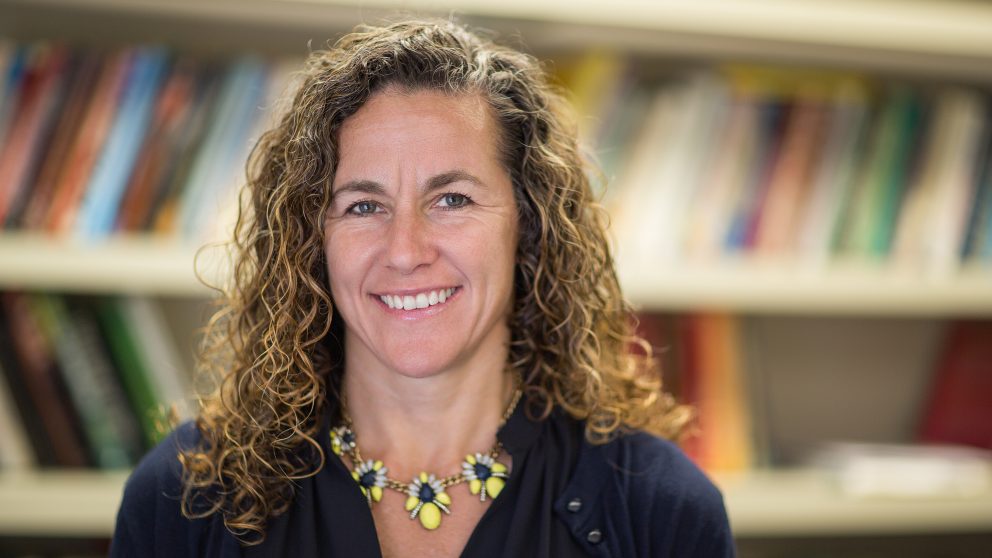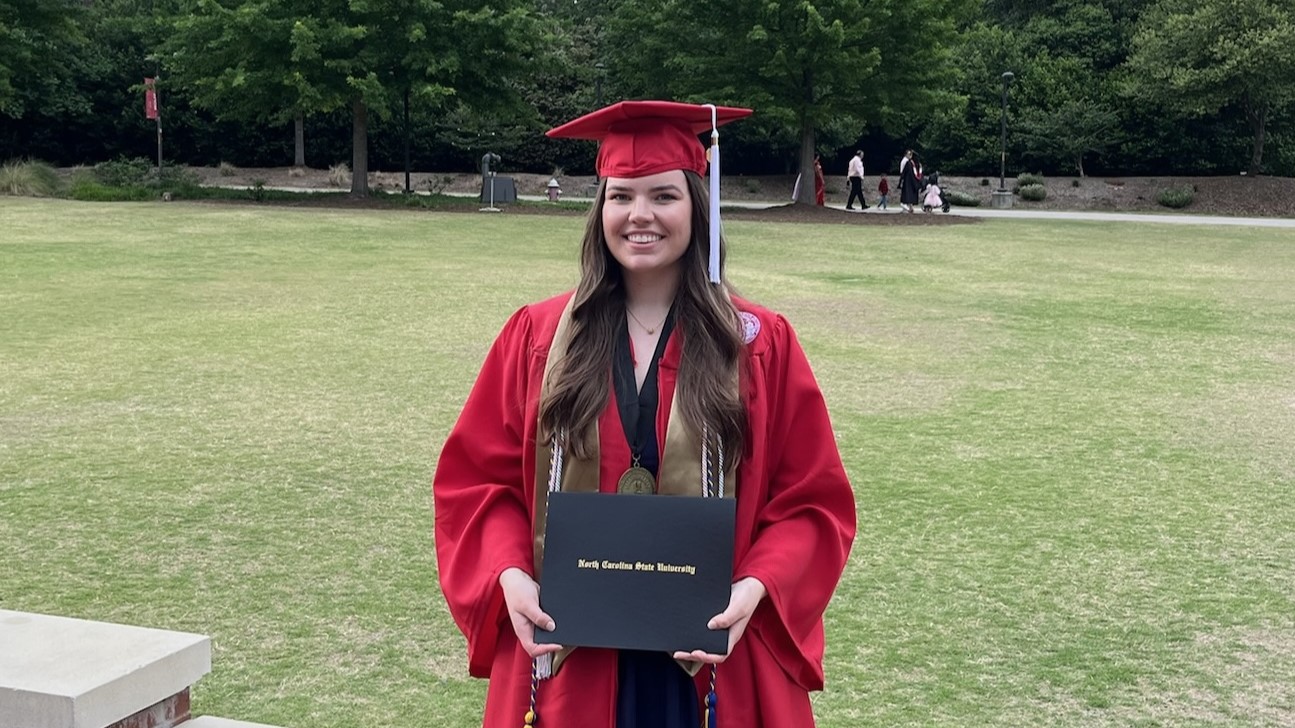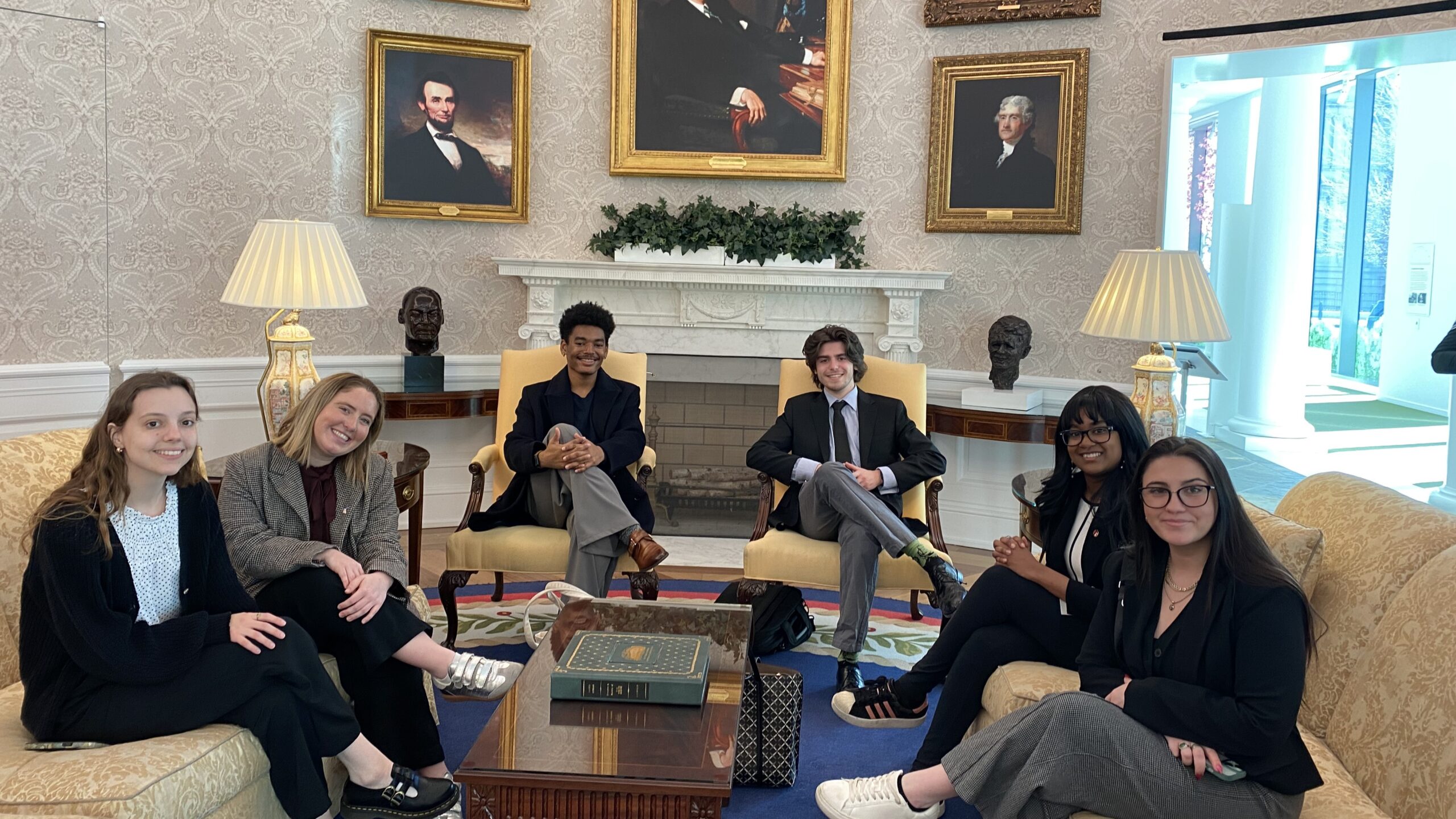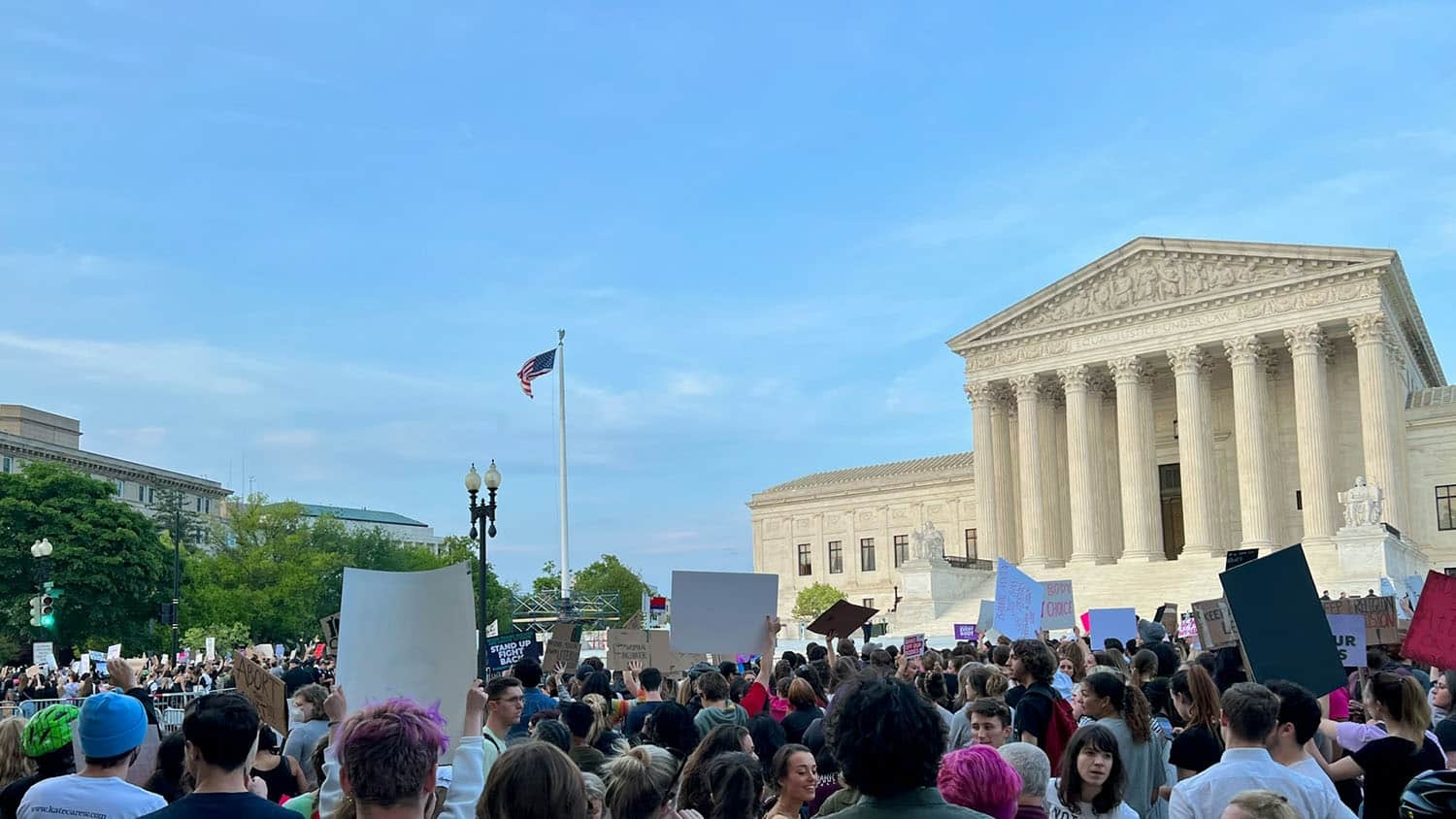‘Making Online Learning the Best It Can Be’

Amanda Edwards has taught distance education courses for more than a decade.
Since her online teaching journey began in 2003, she has learned a great deal about what students want and expect from both online and face-to-face courses. In addition to being a teaching associate professor of political science in the School of Public and International Affairs, Edwards directs the Leadership in the Public Sector online bachelor’s degree program. In a recent interview with Edwards, she highlighted some of her passions, expectations and goals as a DELTA Faculty Fellow and the future of learning technology in higher education.
Former grant recipient and longtime partner with DELTA, Edwards is one of three 2016-17 Faculty Fellows. When asked what led her to apply to be a Faculty Fellow, she expressed her desire to teach others about what she was currently doing. “I often have people in my department ask me questions about teaching with technology or how to fix things in their Moodle course. I do it already, and I wanted to expand that role, so I applied,” she said.
Edwards was also asked what she hoped to accomplish as a Faculty Fellow and how it will contribute to the transformation of future education. Part of Edwards’s role as a Faculty Fellow involves attending a conference where she will learn information that relates heavily to her job as director. She will also present information gathered through a large course redesign project that she previously worked on with a colleague. A portion of the presentation will cover results of this project. Edwards also plans to delve further into the costs and benefits of the online versus face-to-face classroom environment.
What makes her so passionate about teaching online and distance education classes and helping others learn more? The idea behind learning information through technology that can subsequently help in a traditional classroom setting. “If you think about discussions and engagement as a traditional student, you can be passive, but with online discussion boards, there is no way for students to hide from engaging in material,” she said. Although some students may be discouraged to speak in a face-to-face class, they may share loads of information behind a screen. Building the courage to share ideas both in class and online helps promote fruitful classroom discussions.
When it comes to the most effective teaching technology that impacts student success, Edwards has found that recorded interviews are especially great resources for both online and face-to-face students.
“Interviews allow students to see how what they’re doing relates to what they’re learning. It provides a different kind of learning,” she said. Having an in-class speaker may not be quite as beneficial. “A speaker may come just one time and only that small group of people gets to hear it, but if it’s recorded and put online, you can create discussion questions and tie material to it.”
Voicethread is another tool Edwards wants to incorporate more with her online students. Using this technology, classmates can collaborate on projects verbally while in separate locations. According to Edwards, true online and distance education students tend to work better with Voicethread. She attributes this mainly to their maturity, sense of responsibility and familiarity with online learning technology.
In terms of the future of instructional technology in higher education, Edwards believes it is here to stay. Although she admits that face-to-face learning is critical, she is aware of how society is changing, its dependence on technology and that online learning makes education more accessible. “I think it’s going to keep growing,” she said. “It’s not going to stop, so it’s important to be part of making online learning the best it can be.”
- Categories:


